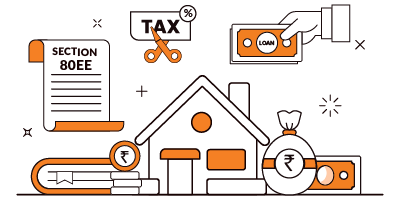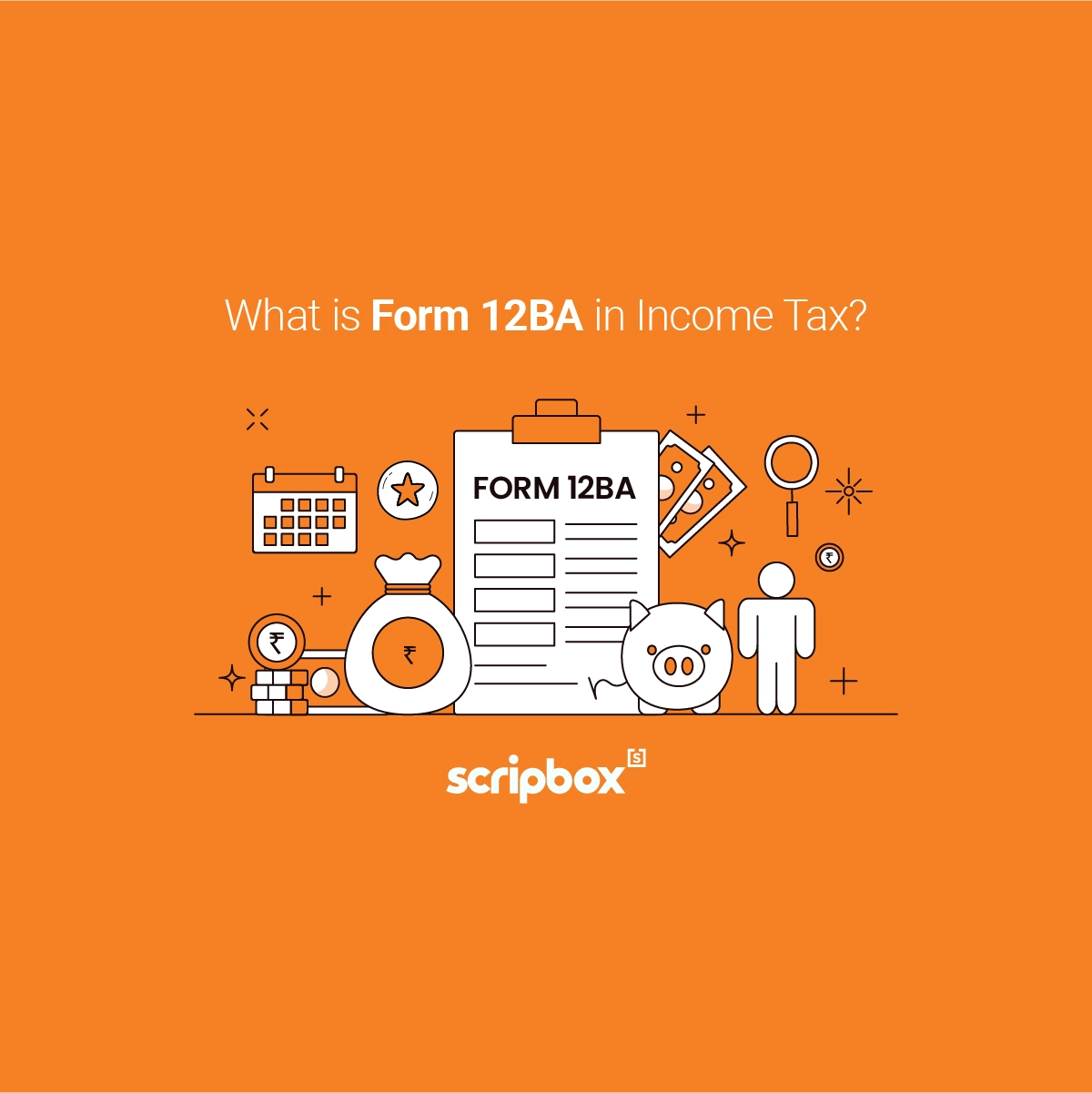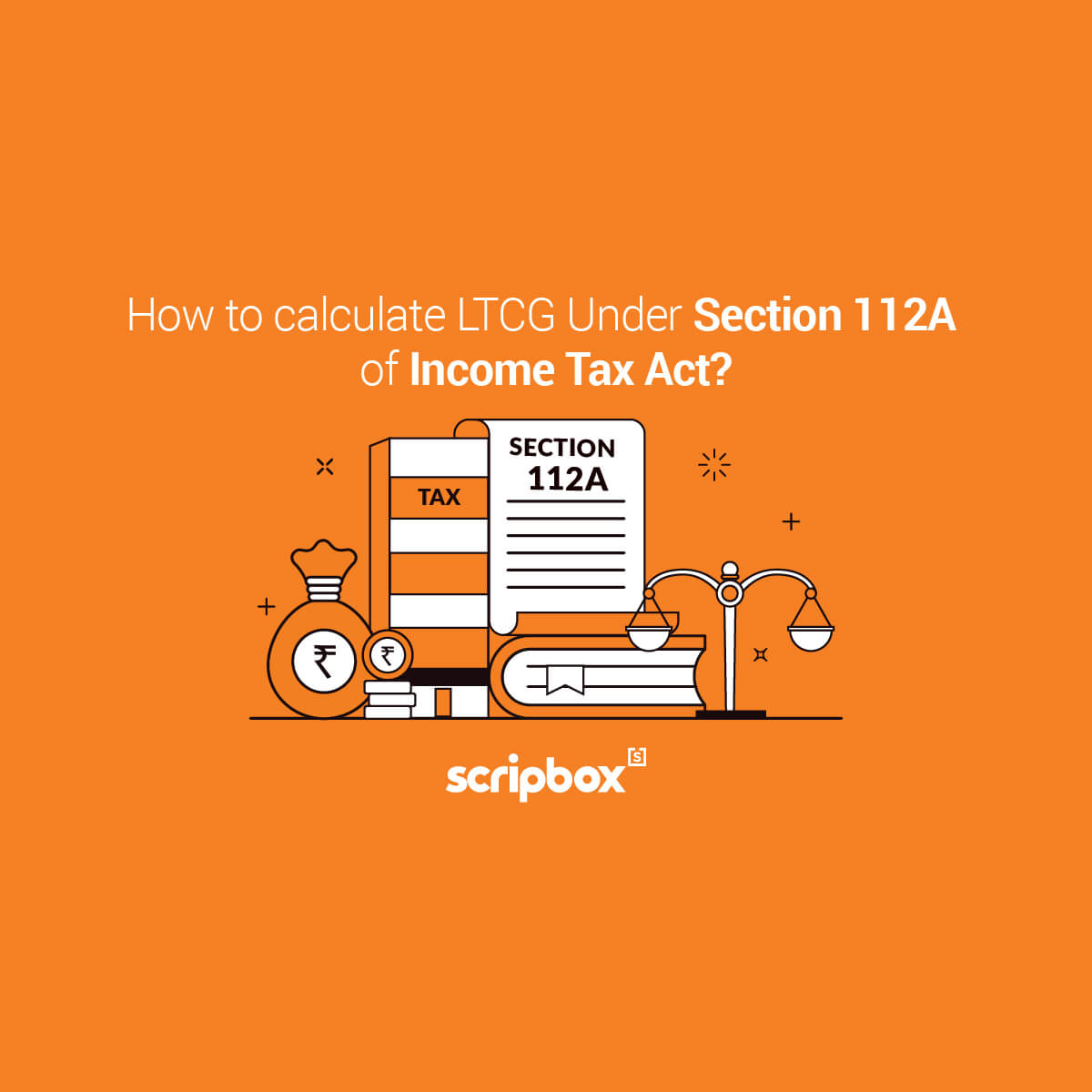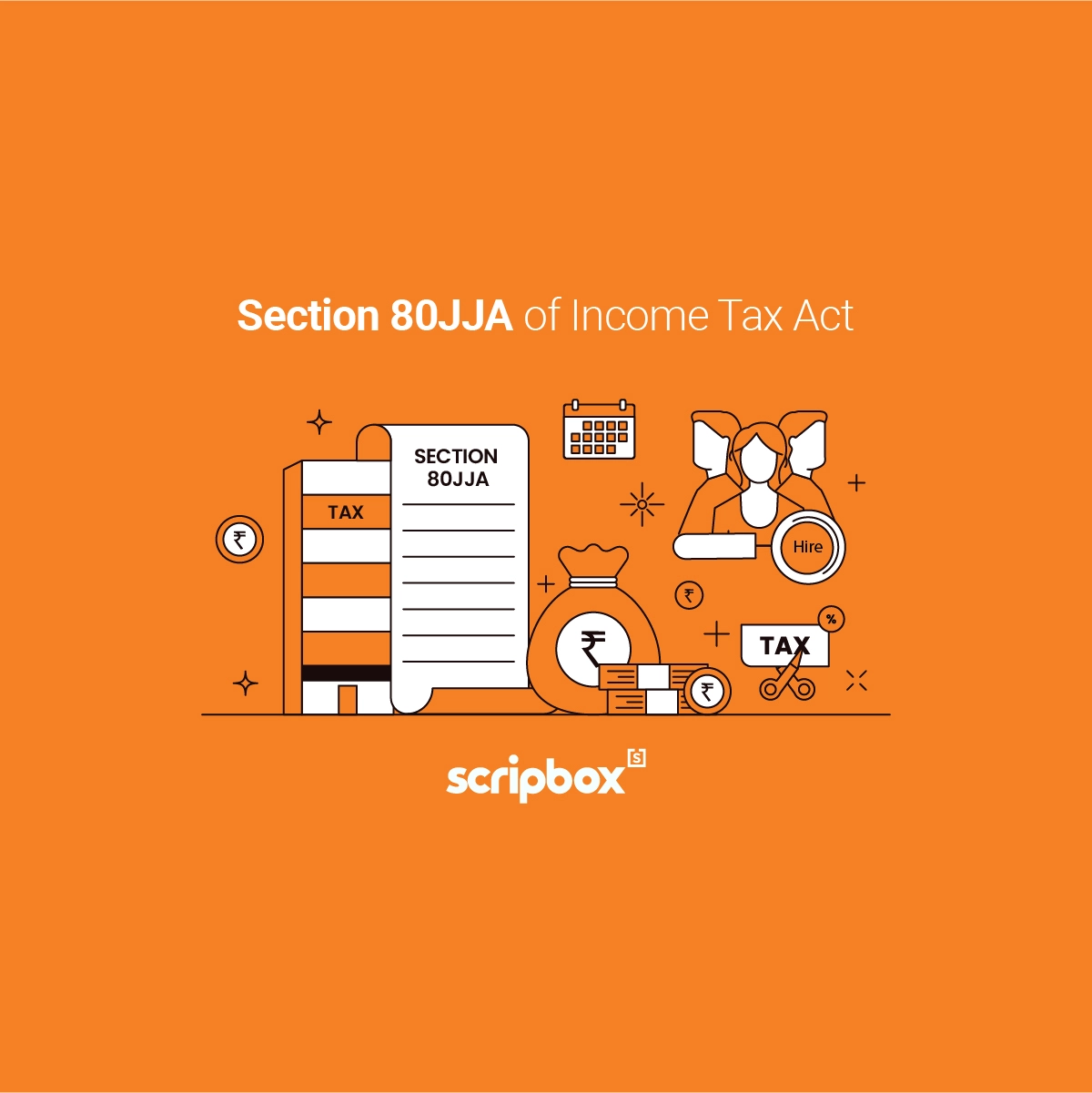The income tax act allows a tax deduction or a tax benefit against the interest on a residential home loan. The deduction is allowed under section 80EE up to rs 50000 in a financial year. The tax benefit is available until you have fully paid the loan and no interest amount is pending.
When was Section 80EE first introduced?
Deduction under section 80EE was first introduced in the financial year 2013-14. With effect from FY 2013-14, the deduction was available only for 2 years i.e. FY 2013-14 and FY 2014-15 up to Rs 1 lakh. Later, it was reintroduced in the financial year 2016-17 relevant to the assessment year 2017-18.
Features of Section 80EE of Income Tax Act, 1961
The following are the features of section 80EE of income tax act, 1961:
- The maximum amount a taxpayer can claim u/s 80EE is Rs 50000 in a financial year.
- The tax deduction is available only to individual taxpayers. This means a HUF, AOP, BOI, partnership firm and cannot claim the tax benefit.
- The deduction of interest on home loan is available against a residential house property only.
Conditions For Claiming Deduction Under Section 80EE of Income Tax Act, 1961
While calculating the total income an individual can claim a tax deduction against interest payable on the loan. The loan is taken by him/ her from any financial institution for the purpose of acquisition of a residential property.
However, the individual must satisfy the below before claiming an income tax deduction for interest on home loan:
- The home loan is taken to purchase a house property for residential purpose only
- The loan must be taken from a financial institution to purchase a residential house property. A financial institution means a banking company to which the Banking Regulation Act, 1949 (10 of 1949) applies, or any bank or banking institution referred to in section 51 of that Act or a housing finance company.
- The loan must be sanctioned between the period beginning from 1st April 2016 and ending on 31st March 2017
- As on the sanction date, the taxpayer must own any other house property
- The loan sanction amount is less than Rs 35 lakh to acquire a residential house property
- The Total value of the house property is less than Rs 50 lakh
- If an assessee claims a deduction under this section, then he/ she cannot claim the same interest under any other section of the income tax act or in any other assessment year.
- The section does not specify the residency of an individual. Hence it can be concluded that a resident, as well as a non-resident, can claim the deduction under the section.
- The section also does not specify whether the residential property must be self-occupied to claim the tax benefit. Hence, an owner of this house property living in another rented property can also claim the deduction
- Section 80EE does not specify anything about joint ownership or soership. Hence, in both ways the deduction is applicable
How To Claim Section 80EE Deduction?
A taxpayer can claim an income tax deduction for interest on home loan. The deduction can be claimed while calculating his/ her total income and tax payable at the time of filing an income tax return.
- Firstly, calculate the total interest paid on home loan in the financial year
- Secondly, if the total interest in the financial year exceeds Rs 2,00,000 then claim up to Rs 2,00,000 u/s 24. The remaining amount claim u/s 80EE
Example-
Mr. Arun has taken a home loan and pays Rs 56,000 per month as his EMI. The principal amount towards the loan is Rs 30,000 and the interest amount is remaining Rs 26,000. In the financial year, he has paid a total of Rs 3,12,000 as interest on a housing loan. He satisfies all the conditions to claim deduction under section 24 as well as section 80EE.
He should first claim the deduction up to Rs 200000 u/s 24 and exhaust his limit for this section. Then he must claim the remaining amount of Rs 50000 u/s 80EE and exhaust his limit here. Lastly, he must claim the principal amount under section 80C. However, he will not be able to claim the entire Rs 3,60,000 as the deduction is limited to Rs 1,50,000 only.
Section 24 of the Income Tax Act
Section 24 provides a taxpayer deduction against the interest paid on the borrowed capital. The borrowed capital must be used to purchase or acquire a residential house property. The amount of deduction is up to Rs 200000. Additionally, the property must be acquired within five years from the end of the financial year in which capital was borrowed.
Difference between Section 80EE and Section 24
Both section 80EE and section 24 of the income tax act provide tax benefits against the interest on the home loan. The only difference is the limit and a few conditions. If the conditions are satisfied a taxpayer can claim an interest amount under both sections. However, the taxpayer must keep the limit under both sections in mind.
Firstly, you can claim a deduction of up to Rs 2,00,000 under section 24 and exhaust the limit for this section. Secondly, you claim the additional or remaining amount of interest under section 80EE i.e. up to Rs 50,000.
Section 80EE and Section 80EEA
Benefits under section 80EEA was introduced in the union budget 2019 to extend the tax benefits of the interest deduction. A taxpayer can claim a deduction of up to Rs 1,50,000 in respect of interest paid on a home loan taken from a financial institution. The deduction will be available for the assessment year beginning on the 1st day of April 2020 and subsequent assessment years.
A taxpayer claiming deduction under section 80EEA while calculating the total taxable income will not be able to claim deduction under section 80EE.
Is Section 80EE of the Income Tax Act applicable to the construction of a house?
As per section 80EE of the Income Tax Act, a taxpayer can claim a deduction against interest on a home loan only in respect of acquiring a residential house property. Hence, the deduction is not available on the construction of a house. However, you can claim interest on the loan for the construction of a house under section 24 up to Rs 2 lakh.
Section 80EE states an additional tax benefit of Rs 50,000. Can I claim that every year or is it a one-time claim?
You can claim section 80EE tax deduction of up to Rs 50000 every year while computing the total income for the assessment year beginning on the 1st day of April 2017 and subsequent assessment years. The loan must be sanctioned between the period beginning from 1st April 2016 and ending on 31st March 2017.
Frequently Asked Questions
Tax benefits under section 80EE are available only to individuals for interest on a home loan. Hence, any HUF, partnership firm, BOI, AOP, company cannot claim benefits under section 80EE.
Yes, interest on housing loans is exempt from tax in a way. A taxpayer can claim a deduction against the interest on a housing loan under section 24 up to Rs 2 lakh and up to Rs 50000 under section 80EE. If the conditions are satisfied you can also claim deduction under section 80EEA but here section 24 and section 80EE will not be applicable or available.
The maximum amount that can be claimed as deductions u/s 80EE is Rs 50,000 in a financial year.
No, the deduction could only have been claimed by the latest by the end of FY 2016-17, i.e. by 31st March 2017. Now you cannot claim the deduction in a different assessment year for an earlier assessment year. This means that a deduction under section 80EE w.r.t. AY 2017-18 FY 2016-17 cannot be claimed in any later assessment year or financial year.
Recommended Read: Income From House Property
Popular Income Tax Sections
Related Articles
- When was Section 80EE first introduced?
- Features of Section 80EE of Income Tax Act, 1961
- Conditions For Claiming Deduction Under Section 80EE of Income Tax Act, 1961
- How To Claim Section 80EE Deduction?
- Section 24 of the Income Tax Act
- Difference between Section 80EE and Section 24
- Section 80EE and Section 80EEA
- Is Section 80EE of the Income Tax Act applicable to the construction of a house?
- Section 80EE states an additional tax benefit of Rs 50,000. Can I claim that every year or is it a one-time claim?
- Frequently Asked Questions


















Show comments